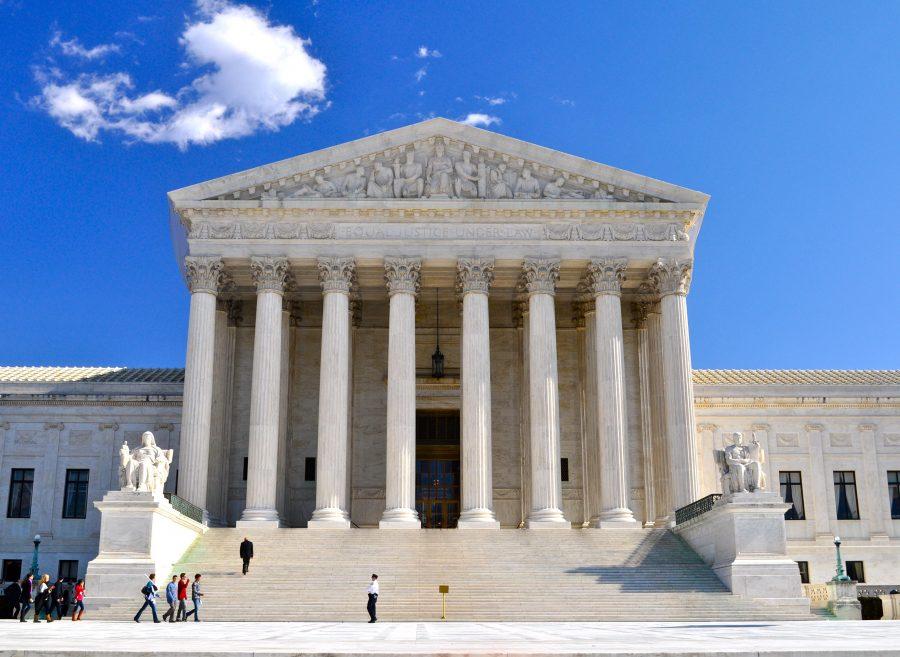When it comes to controlling narratives, it seems that Republicans outmaneuver Democrats at every turn.
After Obama’s nomination of Merrick Garland for the Supreme Court, many were shocked by the decision to choose an extremely qualified moderate judge who is widely respected by liberals and conservatives alike. More shocking, however, was the announcement from Senate Majority Leader Mitch McConnell that Republicans would refuse to hold a vote or even a hearing for any nominee put forth by the Obama administration. President Obama and Senate Democrats sprang into action, framing this decision as unprecedented, partisan and obstructionist. They hoped voters would punish Republicans for partisanship, not reward them. They were wrong.
For their part, Senate Republicans provided a unified front. Even faced with their own words of support for Justice Garland, Senate Republicans stood fast by their leadership. The message was clear: No nominees will be considered until after the election, regardless of merit. Just like that, they were able to turn the Court into an election issue.
Now, by nominating the extremely qualified and well-regarded Neil Gorsuch, Republicans continue to control the narrative. They have left Democrats with the choice of being perceived as obstructionist or rolling over for a very young, very conservative Supreme Court pick. After eight years of decrying Republican obstructionism, especially during 2013’s government shutdown, it would appear hypocritical for Democrats to block such a universally respected nominee. Just months after pushing their own narrative that the Supreme Court needs nine judges to function properly, Democrats have little room to maneuver.
Gorsuch is the type of nominee that any generic conservative president would be happy to select. He fills the void of the strict originalist intellectual conservative that Scalia’s death left on the bench. Sure, Gorsuch will be a solid conservative vote for decades to come, but he has also demonstrated skepticism of growing executive authority. This judicial skepticism may prove valuable, particularly with cases involving far-reaching executive orders.
So what should Democrats do? Some might suggest they oppose Gorsuch on principle. In their view, he is the beneficiary of partisan positioning and a “stolen seat.” But is Neil Gorsuch worth fighting over? I’m not so sure.
Let’s face it, we live in a world where President Trump chose a man who vowed to demolish the Department of Energy to be the leader of it, a woman with no education experience to head the Department of Education and a climate change skeptic as administrator of the Environmental Protection Agency. The Court cannot afford a justice who lacks experience, and Gorsuch is as qualified as any other nominee.
He earned his bachelor’s from Columbia University, a Juris Doctor from Yale and a PhD in philosophy from Oxford. In a speech to the conservative Federalist Society, he decried the pervasive cynicism in the legal profession, quoting David Foster Wallace and Socrates (not writers known for conservative rhetoric). He’s also spent more than 10 years as a judge on the Tenth Circuit Court of Appeals.
In a New York Times’ editorial, Obama administration Solicitor General Neal Katyal called Gorsuch an “extraordinary judge and man” and wrote that “he brings a sense of fairness and decency to the job.” If that does not convince you, consider the alternative. Another of Trump’s prospective Court nominees, William H. Pryor Jr., called Roe v. Wade the “worst abomination in the history of constitutional law” and wrote an amicus brief for Lawrence v. Texas in defense of a law criminalizing homosexual sex acts.
Democrats have nothing to gain by blocking Gorsuch’s nomination. Instead, they should deliver their own message to the White House: Send us qualified nominees, and we’ll put them to work.



